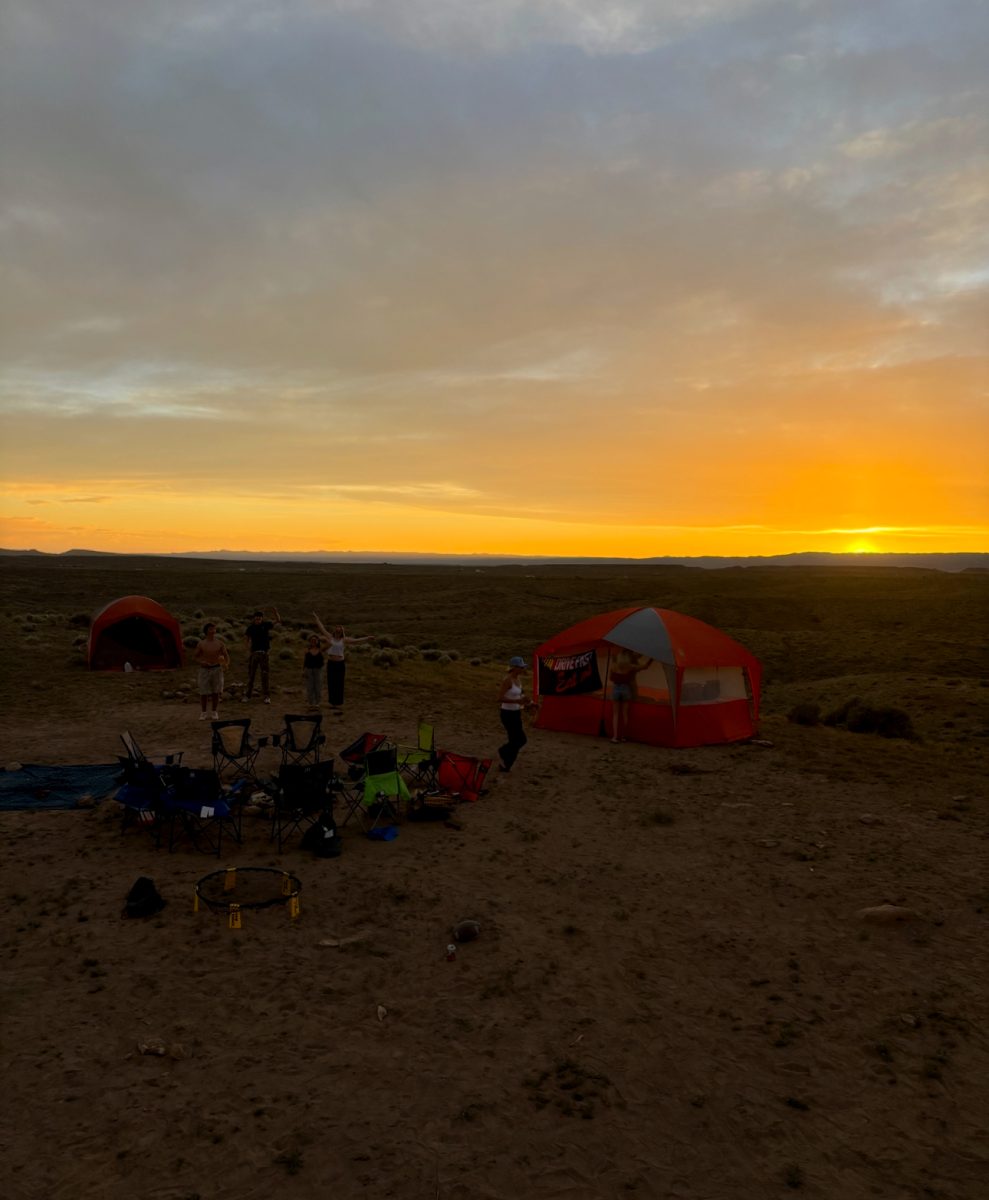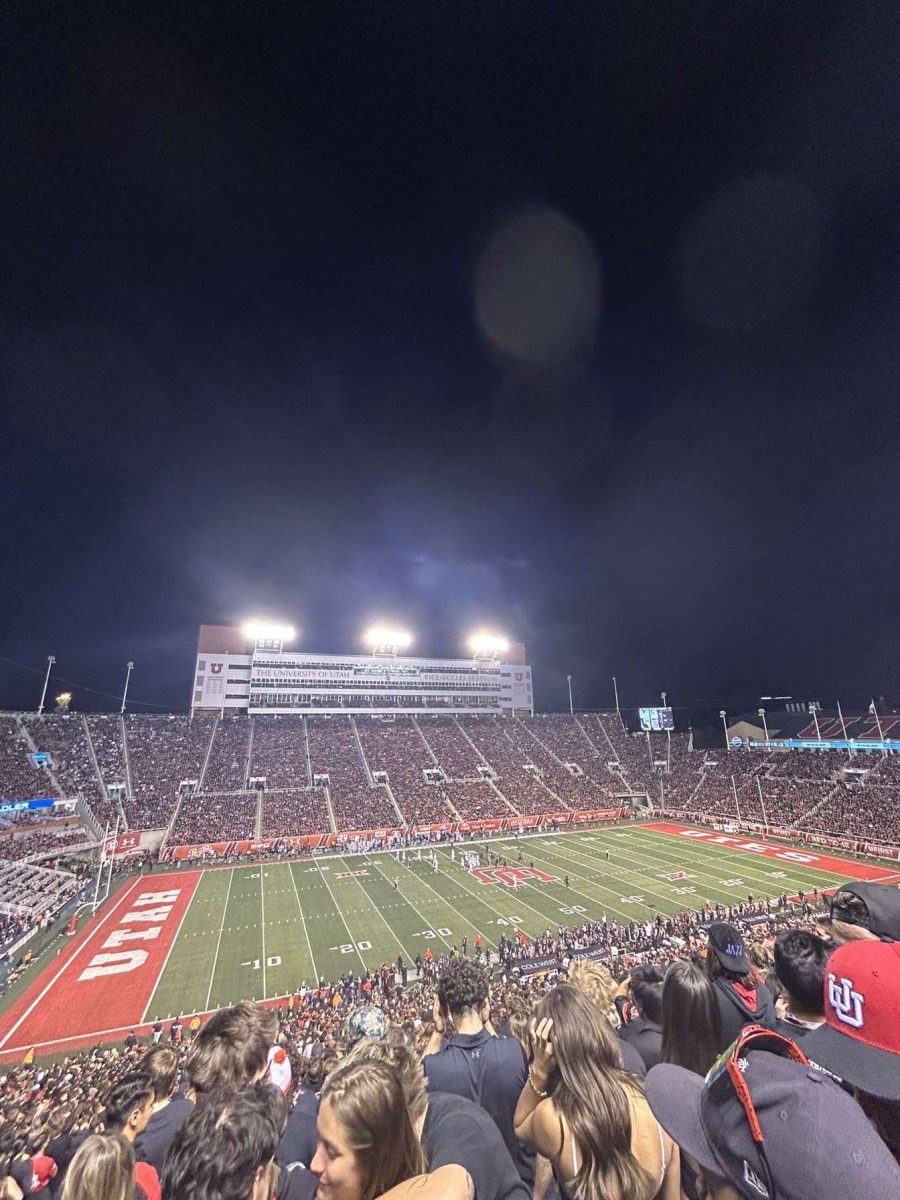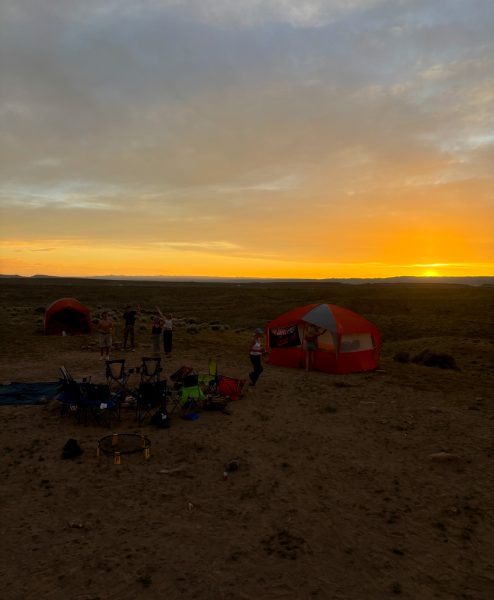The hardships and triumphs of owning a business in Aspen, Colorado
Business owners face various challenges with owning companies in Aspen, Colorado that are not found in other cities. While businesses outside of the Roaring Fork Valley can count on having the opportunity to make a steady income throughout the entire year and their employees having places to live, business ventures in Aspen do not have these luxuries.
In their most recent survey, The Census Bureau reported that businesses in the town of Aspen generate about $285,467,000 in total retail sales annually. For each business, the mean is about $42,735 in total retail sales. Generating these impressive marks, however, is much more challenging for business owners than is visible on the surface. To be a successful business in Aspen, entrepreneurs must understand and excel in hiring employees, purchasing merchandise, and the seasonality of income among other things by local business owners.
Kristin Yeary is a local businesswoman and has co-owned the Elliot Yeary Gallery with Kelly O’Donovan for the last nineteen years. She recently shared her thoughts on operating a business during the off-season.
“There is definitely a loss of business. We try to do online sales to promote business with recurring customers,” said Yeary.
Another obstacle the gallery faces is aligning the purchase of merchandise with the time when peak revenue is being generated while still maintaining a high quality of goods in the off-season and hiring staff.
“Finding seasonal employees that are reliable, trustworthy, and dependable is challenging,” said Yeary.
Suzi Johnson has run the Souchi Boutique in Aspen for the last eight years, and previously owned establishments in Portland and Chicago. Johnson has to manage her business differently here in the valley versus in her previous locations.
“Aspen is quite different than my past locations for several reasons; the biggest being Aspen’s seasonality of 6 busy months and 6 quiet months,” said Johnson. “Our high seasons don’t relate to the fashion industry, so the majority of the product can come in the off-season which means sitting on product longer than you would if we were busy year round.”
Pop-up stores and parking prices for customers prove to be other issues facing Johnson’s boutique, but the one she claims takes the most planning to mitigate is paying rent when revenue is not at its peak.
“Real estate/rent is expensive, but most of the cities I’ve been in have been as well. The difference is we’ve got six months to make the majority of our sales so you ‘feel the pain’ of the off-season when paying rent/expenses,” said Johnson. “For me, I’m more conservative in the off-season and set aside money during high season.”.
Outside of retail, restaurants based in Aspen also overcome complications that are unheard of in other locations across the country. Barbara Menendez, or Babs, has owned The Big Wrap since December of 1996 and works to solve problems like reduced revenue in the off-seasons and hiring employees.
“There are several challenges for my business: the seasonality of business and the high cost of rent, wages, and product. I have always had great luck in hiring and retaining great employees which I know that is a struggle for most businesses,” said Menendez.
The off-season is still challenging for The Big Wrap, but as its clientele are not the same as those of the high-end eateries around town, Mendez finds that off-season is not as slow, comparatively speaking. This helps to pay the wages of her employees who Menendez says she worries about losing their housing, resulting in her losing an employee.
When asked how she manages to afford retail space, Menendez said, “For my business, the key to paying high rent is volume. That means juggling our people that wait in line, those who place phone orders for pickups and then delivery orders as well. We have to serve as many people as we possible to cover the costs.”
Yeary, Johnson, and Menendez all expressed concerns about the growth of chain businesses in Aspen, stating that they threaten the quaint ski town atmosphere of Aspen or do not offer unique goods that are special to customers.
“I would like to see a better mix of chain and locally owned businesses, but I don’t really see this as a reality. If the town keeps approving all this new development, they must realize that only corporate chains will be able to fill the new spaces,” said Menendez, “ The terms of the leases [in downtown] are only sustainable for large corporate stores who can absorb the loss and just want to be in Aspen to boost their image. I would support a chain that uses a local construction company for their build-outs, local workers for employees and would contribute to our local charities.”
Chain businesses located in Aspen also have to face the hardships of losing business during the off-season and paying their employees fairly when revenue is low.
Michelle Freiberg is the manager of the Aspen location of the chain Free People. She enjoys her job as a manager but says that communicating the effects of the off-season with corporate is challenging.
“The biggest challenge is that corporate doesn’t understand what off-season is here, so they always ask why our numbers are so low. In May we’re expecting to do maybe 30 to 40 thousand dollars [in sales] vs. in June we’re expecting to do a two hundred thousand dollars, so it is a huge change from off-season to on-season,” said Freiberg .
As the economy of Aspen evolves and moves into the future, the issue of maintaining a healthy balance of chain and locally owned stores will remain at the forefront of developer’s minds. The challenges of operating a business in Aspen are faced by all involved, but to lose all locally owned businesses would dramatically change the atmosphere of the town.
“When weighing the pros and cons of owning a business in Aspen, the pros ultimately outweigh the cons because of the flexibility and gratification,” said Yeary.

Emily is in her senior year at Aspen High School and has spent three years writing for the Skier Scribbler. This year she is excited to be part of the...

Kaelyn Kroeger is a junior at AHS and a Staff Writer for the Skier Scribbler. This is her third year as a journalist and at AHS and recently moved to Aspen...



























